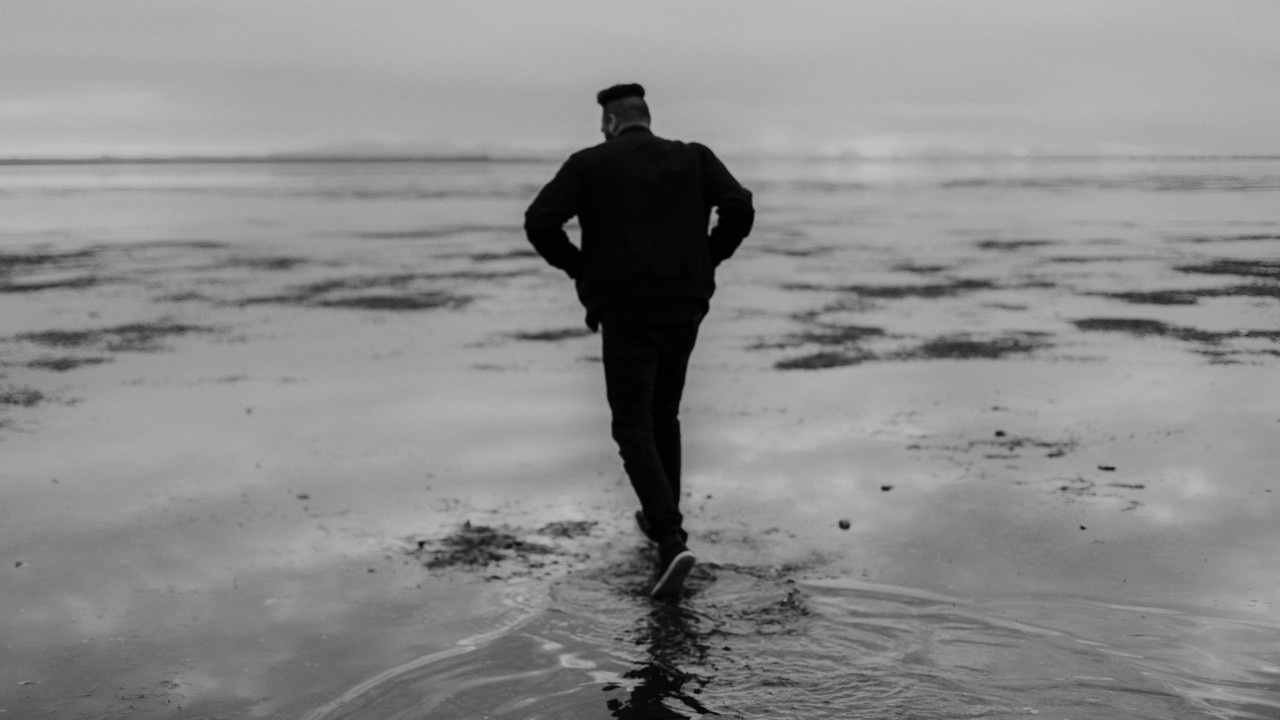Grief.
Jan 11, 2022
One of the challenges of writing a newsletter is that there’s so much that can be said on every topic. And it’s hard to choose what to focus on.
Grief is no different. Writing about grief in a one page newsletter is almost as ludicrous as … writing about anxiety or marriage in one page! It doesn’t do it justice. At all.
But it would be awkward to leave the rest of the newsletter blank. So let’s focus on one particular point about grief:
Grief and loss are a part of life for anyone who ever loved. In fact, we are at greater risk for grief, the more we love.
The only way to protect yourself from grief, or any loss is to live in a vacuum.
We grieve as a community, we grieve as a family, and we grieve as an individual.
We can experience Grief from death, any sort of loss, a life change (even a happy event), heartbreak, a diagnosis, a violent crime, freak acts of nature, a loss of an opportunity, when innocence is stolen, when we feel violated, when a child chooses to live a different path, realizations that the world was not how we once knew it, and certainly, from effects of freaky viruses.
Grief is not a problem to be solved. It can’t be fixed. It isn’t an illness that can be cured. We may never feel the same after we grieve a particular loss. And that is OK.
We need to understand that living with grief is not about moving on. It’s about moving forward. Watch an excellent, well-known TED TALK here for more on this.
People are so uncomfortable around grief. When we are faced with others’ grief, our instinct is to comfort the one who’s grieving, to try and make the grief go away. That makes sense- we don’t like to see the people around us in pain.
But, after speaking to many people who have grieved, ironically, they say that there is something deeply uncomfortable about others trying to comfort them.
As support systems for others, we need to allow their pain to be seen. We need to allow their loss to be heard. We need to learn to sit in silence and co-exist with their painful experience of grief. And having true empathy would mean that their pain, is your pain too. Yes, pain is uncomfortable. That is OK.
Speaking, communicating, discussing the hows and the whys of how any loss happened, is distracting. And it can be hurtful and invalidating to those who are experiencing grief.
I think it’s safe to say that most of us have experienced grief on a macro or micro level. The world as we know it has changed many times just in the last few weeks, months and years.
Each person’s response to grief is as unique as their fingerprint. But one thing is universal: we want our pain to be felt, our loss to be witnessed. We want to share our pain with people who will be fully present without anyone pointing out the silver lining. It is not the time nor the place to be positive, or focus on what could have been worse. Again, that’s invalidating. And disrespectful to the emotions of grief. And love.
This doesn’t mean that life will never get better. And this doesn’t mean that intense grief will stay stuck in our hearts forever. Because hopefully, it won’t.
It just means that we need to stop in the face of loss and say “Wow. This hurts.”
❤️
Shifi




